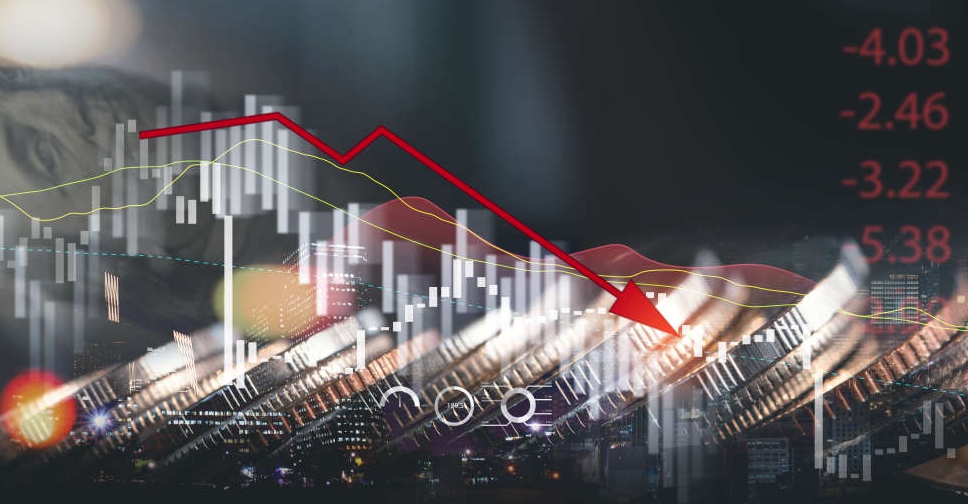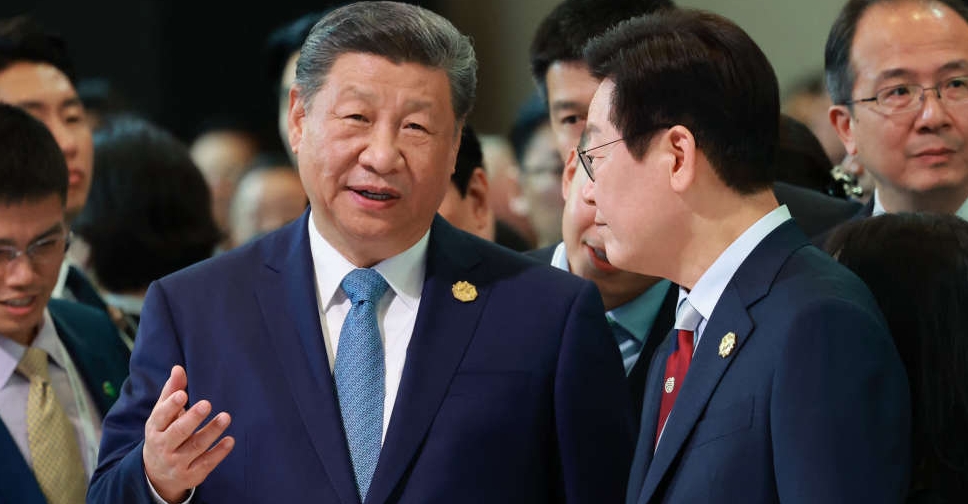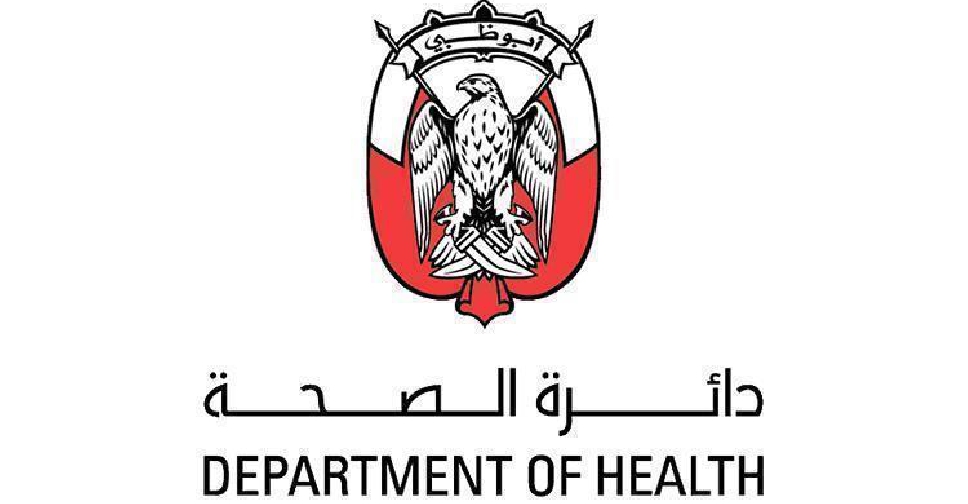
The World Bank has slashed its global growth forecast by nearly a third to 2.9 per cent for 2022, warning that Russia's invasion of Ukraine has compounded the damage from the COVID-19 pandemic, and many countries now faced recession.
The war in Ukraine had magnified the slowdown in the global economy, which was now entering what could become "a protracted period of feeble growth and elevated inflation," the World Bank said in its Global Economic Prospects report, warning that the outlook could still grow worse.
In a news conference, World Bank President David Malpass said global growth could fall to 2.1 per cent in 2022 and 1.5 per cent in 2023, driving per capita growth close to zero, if downside risks materialised.
Malpass said global growth was being hammered by the war, fresh COVID lockdowns in China, supply-chain disruptions and the rising risk of stagflation -- a period of weak growth and high inflation last seen in the 1970s.
"The danger of stagflation is considerable today," Malpass wrote in the foreword to the report. "Subdued growth will likely persist throughout the decade because of weak investment in most of the world. With inflation now running at multi-decade highs in many countries and supply expected to grow slowly, there is a risk that inflation will remain higher for longer."
Between 2021 and 2024, the pace of global growth is projected to slow by 2.7 percentage points, Malpass said, more than twice the deceleration seen between 1976 and 1979.
The report warned that interest rate increases required to control inflation at the end of the 1970s were so steep that they touched off a global recession in 1982, and a string of financial crises in emerging market and developing economies.
Ayhan Kose, director of the World Bank unit that prepares the forecast, told reporters there was "a real threat" that faster than expected tightening of financial conditions could push some countries into the kind of debt crisis seen in the 1980s.
While there were similarities to conditions back then, there were also important differences, including the strength of the U.S. dollar and generally lower oil prices, as well as generally strong balance sheets at major financial institutions.
To reduce the risks, Malpass said, policymakers should work to coordinate aid for Ukraine, boost production of food and energy, and avoid export and import restrictions that could lead to further spikes in oil and food prices.
He also called for efforts to step up debt relief, warning that some middle-income countries were potentially at risk, strengthen efforts to contain COVID, and speed the transition to a low-carbon economy.
The bank forecast a slump in global growth to 2.9 per cent in 2022 from 5.7 per cent in 2021, a drop of 1.2 percentage points from its January forecast, and said growth was likely to hover near that level in 2023 and 2024.
It said global inflation should moderate next year but would likely remain above targets in many economies.


 ADNOC, Gecko Robotics sign deals to accelerate AI, robotics, skills training
ADNOC, Gecko Robotics sign deals to accelerate AI, robotics, skills training
 Maktoum bin Mohammed chairs Board meeting of Federal Tax Authority
Maktoum bin Mohammed chairs Board meeting of Federal Tax Authority
 UAE’s first AI-designed business complex launched in Sharjah
UAE’s first AI-designed business complex launched in Sharjah
 ADNEC Group to host two of world’s largest events simultaneously in Abu Dhabi, London
ADNEC Group to host two of world’s largest events simultaneously in Abu Dhabi, London
 China's Xi pushes for global AI body at APEC in counter to US
China's Xi pushes for global AI body at APEC in counter to US




